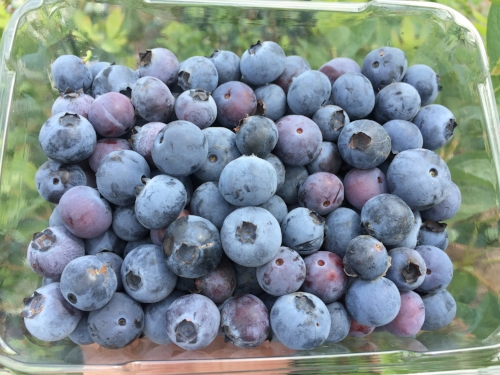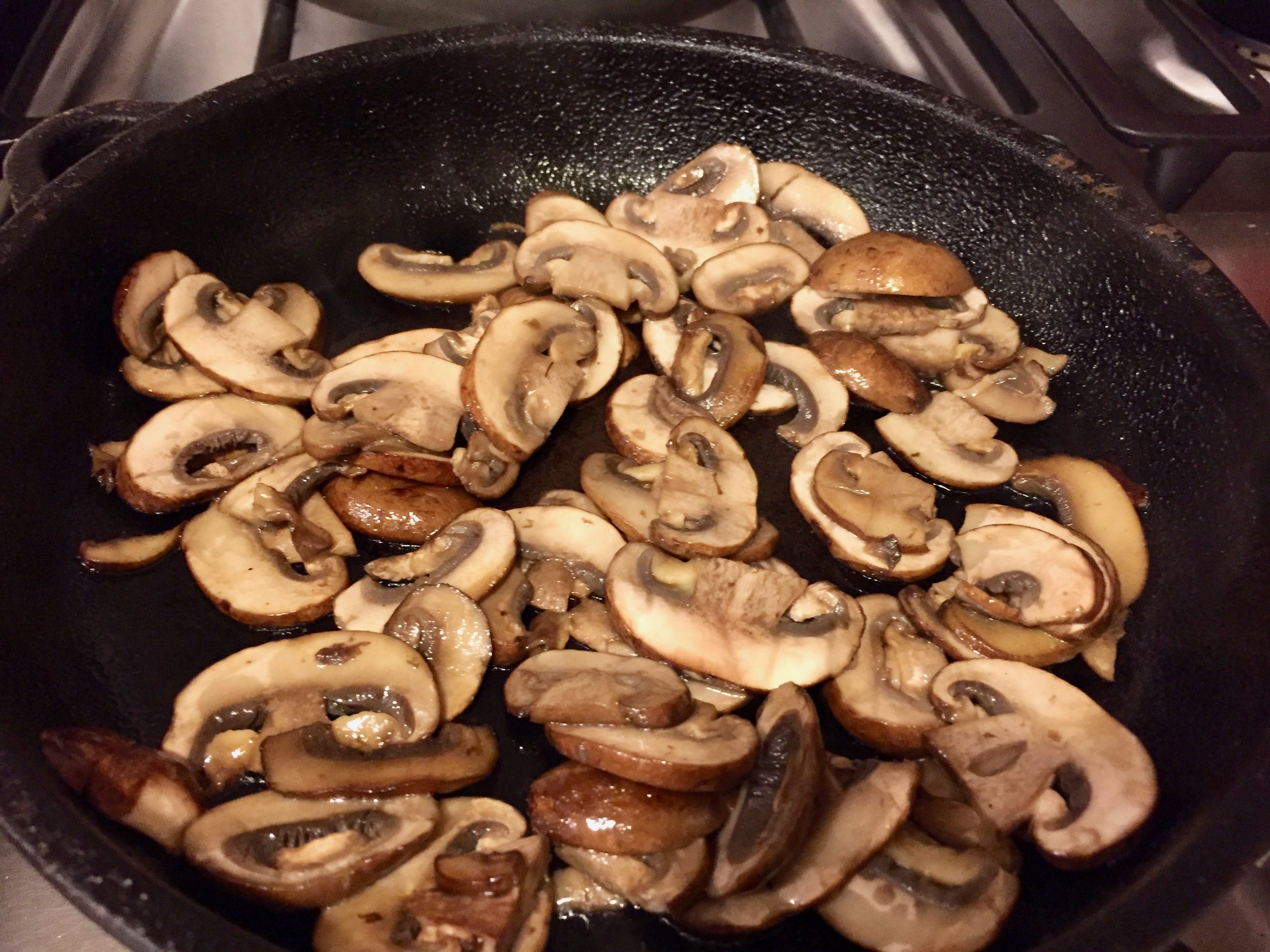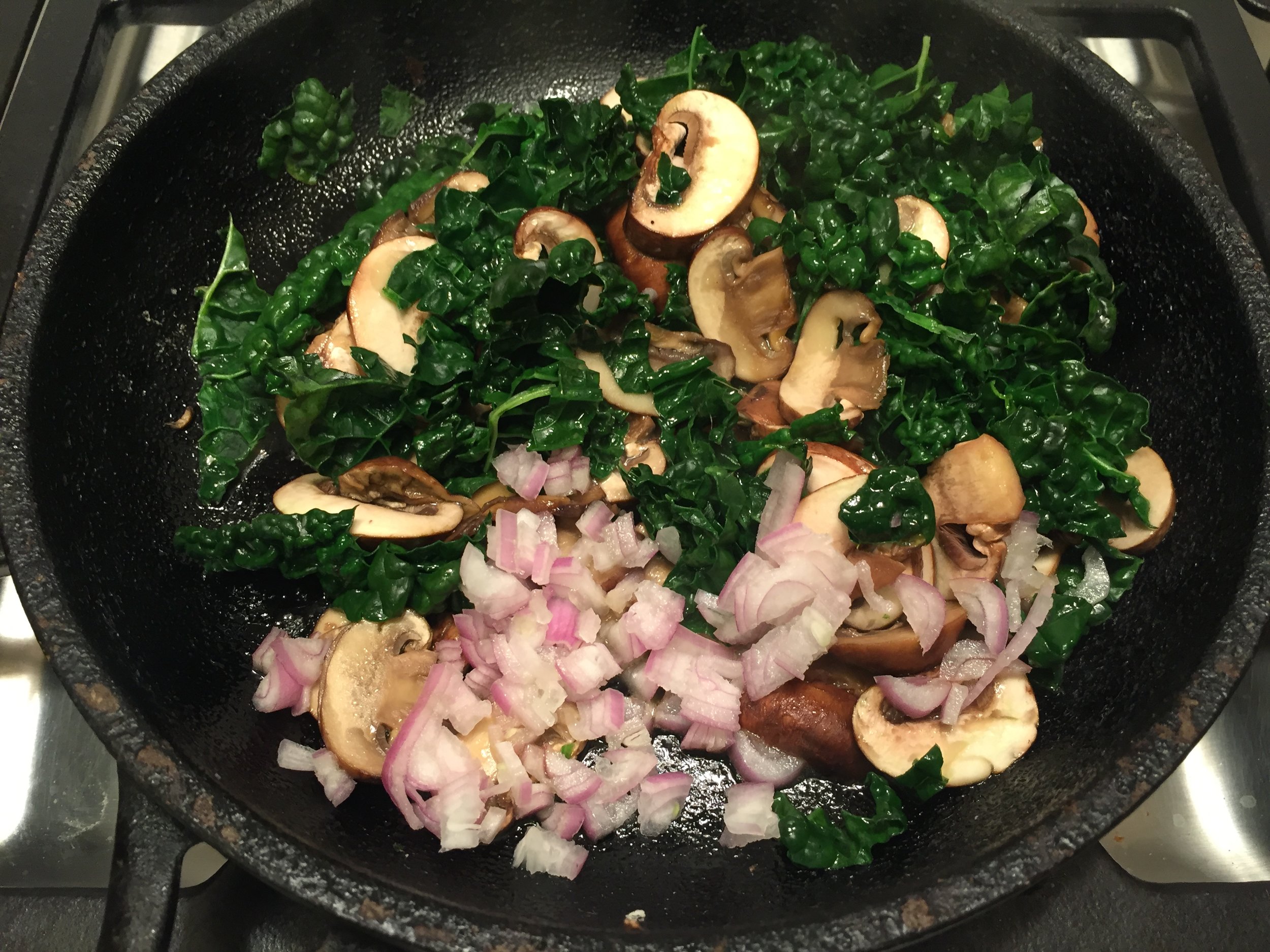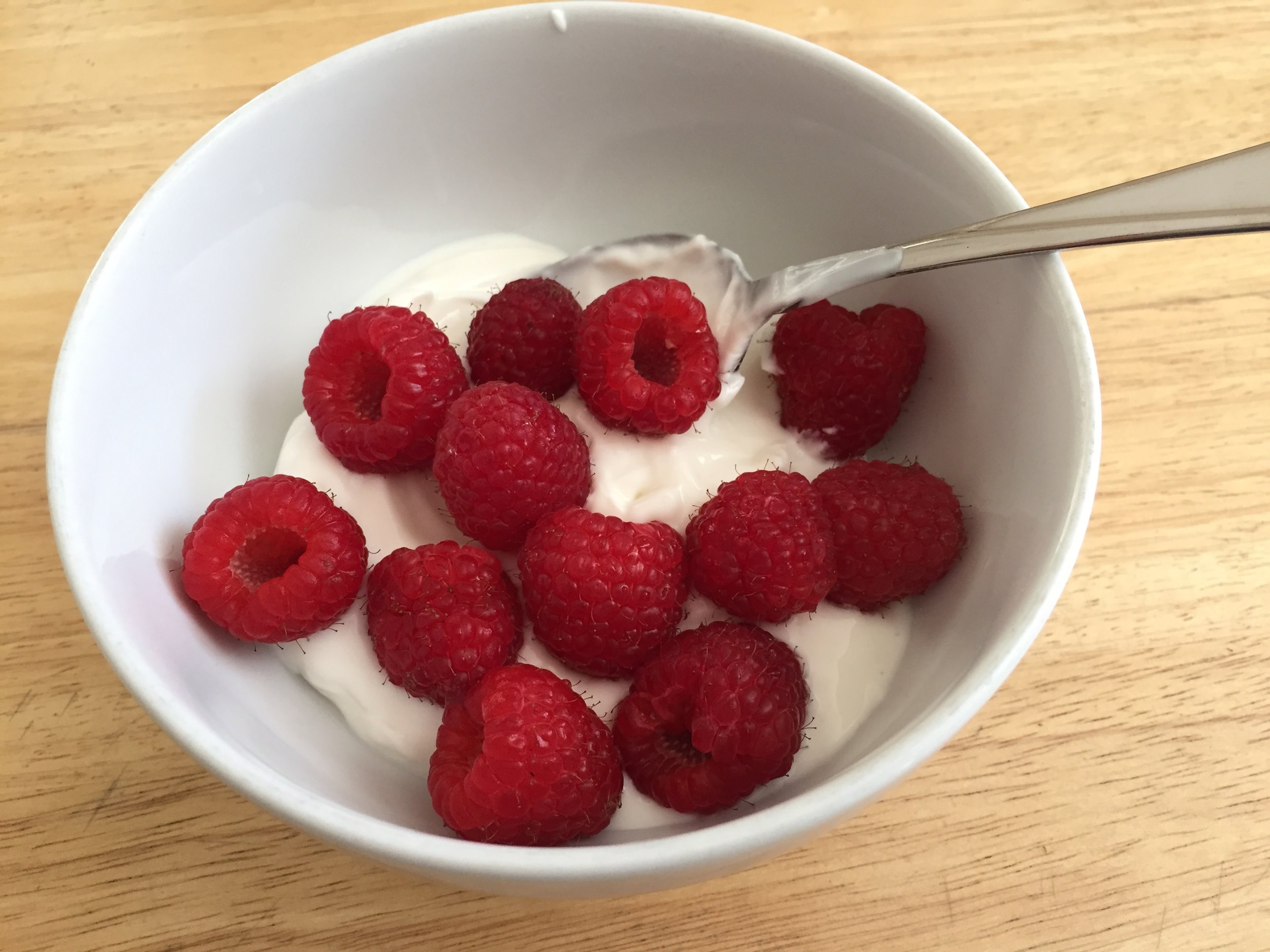Why is this fruit considered a super fruit? Berries in general are a great addition to any diet because of their high nutrient value and fiber content compared to their caloric content. Not to mention they taste so good. You can just see by the beautiful purplish-blue color that they are full of nutrients. Regular consumption of blueberries has been liked to better memory, lower risk of heart disease and cancer prevention.
Blueberries contain anthocyanins, phytochemicals that have been shown to be beneficial to our health. Anthocyanins are the compounds responsible for giving the berry it's rich color. These flavonoids can be found in other richly colored food such as red cabbage, eggplant, red grapes blackberries or red onion. An article in Todays Dietitian explains in more detail what anthocyians are. How much do we need to eat to derive health benefits? One study shows even 3 times per week can provide benefits. The Nurses Health Study, showed "women who ate the most blueberries and strawberries had a 32-percent reduction in their risk of heart attack compared to women who ate the berries once a month or less -- even in women who otherwise ate a diet rich in other fruits and vegetables." In addition to heart health, you can find berries listed as a preferred fruit on many kinds of diets including, for cancer prevention, anti-inflammatory, DASH diet for hypertension, and the MIND diet for memory.
1/2 cup of blueberries has approximately 40 calories and 2 grams of fiber. Full of antioxidants that may be beneficial in preventing cancer and heart disease. Antioxidants neutralize "free radicals" in our body that cause damage to the DNA which can lead to cancer. Antioxidants such as those found in blueberries may decrease the incidence of heart disease by decreasing the amount of bad cholesterol that becomes oxidized in our system. They are a good source of vitamin C, folate, potassium and manganese.
Some of my clients who have diabetes are often concerned about eating fruit because of it's sugar content. Berries in general are a good value food in terms of carbohydrate, fiber and nutrients. Blueberries can fit into diets of all kinds, including those for diabetes. Eating whole fruits, not taken in a juice or supplement form will provide the most benefit in terms of providing a low calorie, high fiber food to fill us up. A study led by the Harvard School of Public Health looked at whole fruit content of a diet and showed "people who ate at least two servings each week of certain whole fruits — particularly blueberries, grapes, and apples — reduced their risk for type 2 diabetes by as much as 23 percent in comparison to those who ate less than one serving per month."
For a summary on blueberries and health, click here.



















































